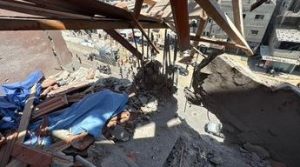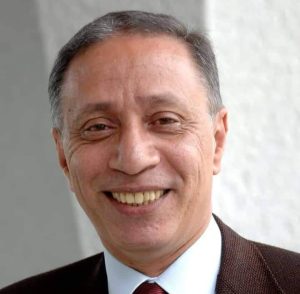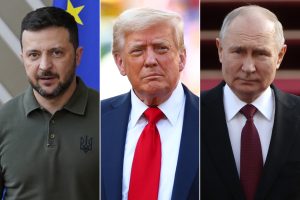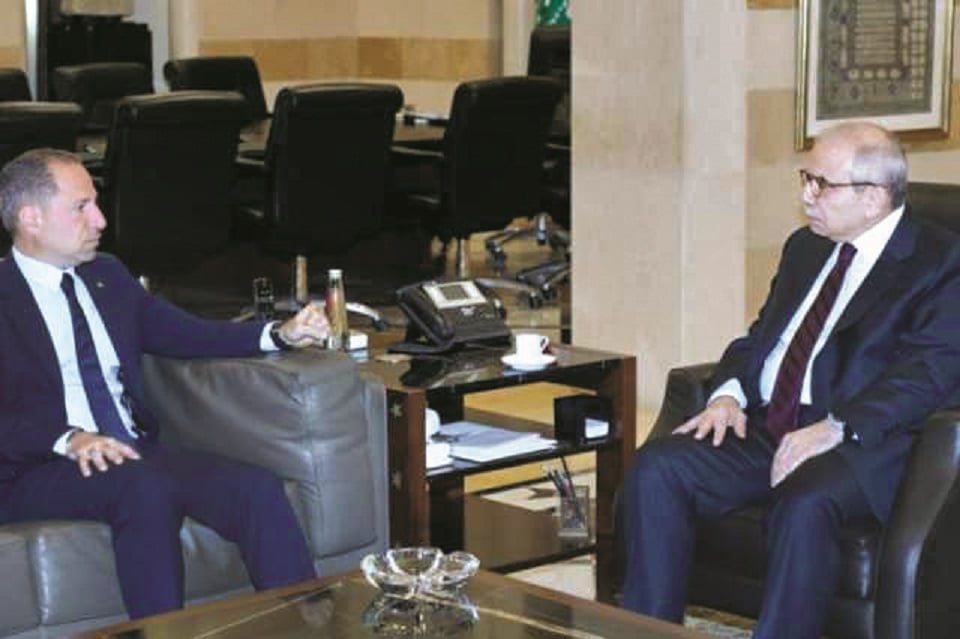Beirut has become a destination for Arab and international political activity, witnessing official visits including a Qatari delegation meeting senior Lebanese officials such as President Michel Aoun, Speaker Nabih Berri, Prime Minister Nawaf Salam, and Foreign Minister Joseph Aoun. The delegation is also expected to visit the Ministry of Energy and Water to discuss cooperation on the electricity file, a critical issue amid Lebanon’s ongoing crisis. Recently, Beirut experienced an almost complete power outage. Political and media sources reported that the Qatari delegation announced additional aid for the Lebanese army, which Qatar has been supporting financially and logistically for years.
The visit is considered highly significant due to Qatar’s expertise in Lebanese affairs and its ability to engage with various political parties. The American envoy Tom Breck is also expected to arrive in Beirut to continue his mission following the historic announcement by the Lebanese government regarding the exclusivity of arms to the army and the extension of state authority over all Lebanese territories. Sources also mentioned a similar visit by Saudi envoy Prince Yazid bin Farhan before the end of the month. Meanwhile, the head of Iran’s Supreme National Security Council, Ali Larijani, arrived in Beirut amid disputes over Hezbollah’s weapons and reservations from many political forces rejecting Iranian interference in Beirut. Lebanese politicians described Larijani’s visit as “insolent.”
In this context, the head of the Lebanese Forces party, Samir Geagea, called for urgent sessions of the Arab League and the Gulf Cooperation Council to address the Iranian threat to Lebanon. Political positions continue to support the bold stance of the President and Prime Minister in declaring the extension of state authority, disarming Hezbollah and other militias, and the exclusivity of arms to the state.













Recommended for you
Talib Al-Rifai Chronicles Kuwaiti Art Heritage in "Doukhi.. Tasaseem Al-Saba"
Exhibition City Completes About 80% of Preparations for the Damascus International Fair Launch
Unified Admission Applications Start Tuesday with 640 Students to be Accepted in Medicine
Egypt Post: We Have Over 10 Million Customers in Savings Accounts and Offer Daily, Monthly, and Annual Returns
His Highness Sheikh Isa bin Salman bin Hamad Al Khalifa Receives the United States Ambassador to the Kingdom of Bahrain
Al-Jaghbeer: The Industrial Sector Leads Economic Growth